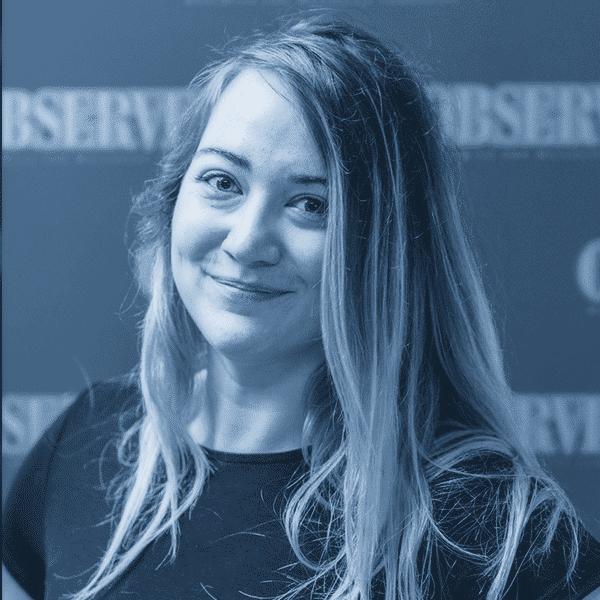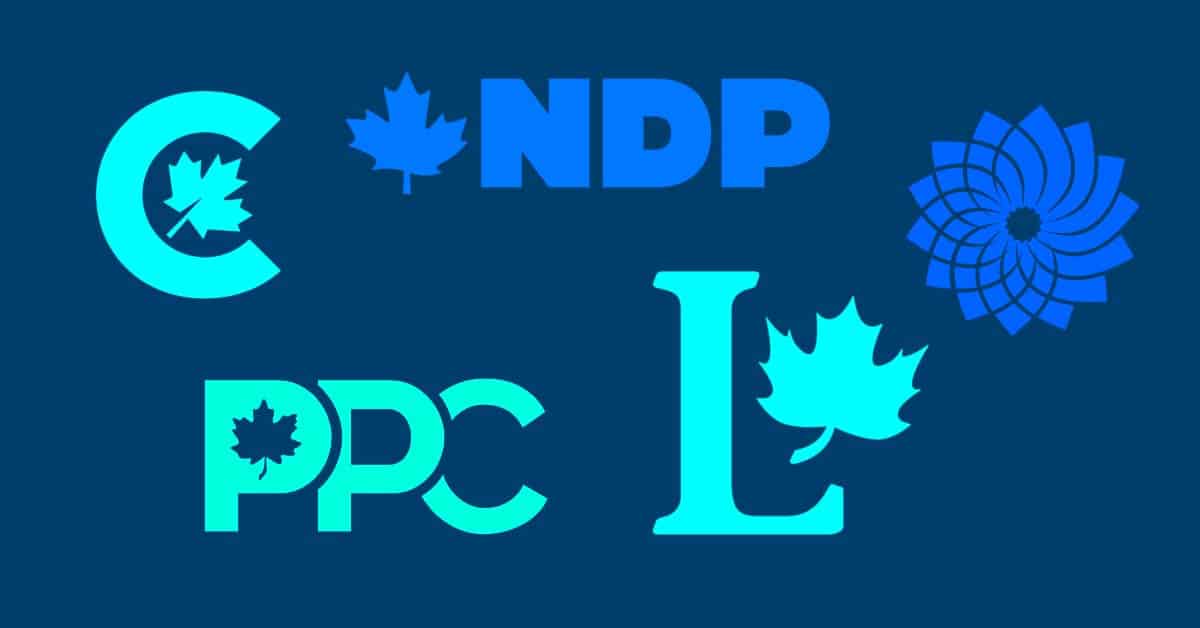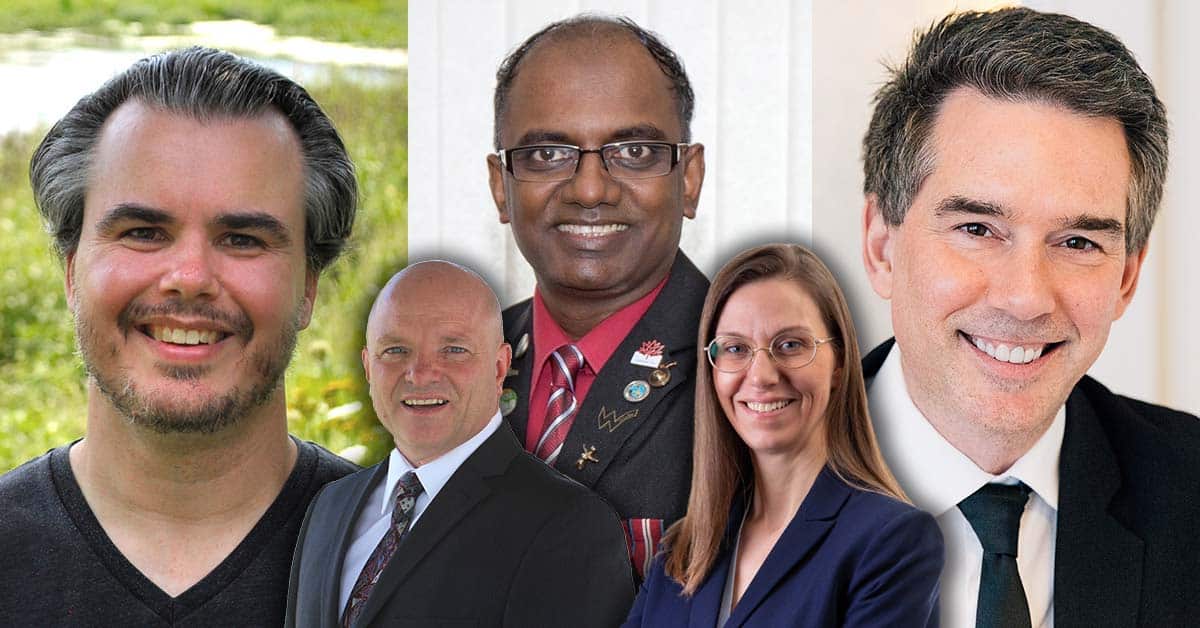Even as the Kitchener-Conestoga candidates were discussing election issues in an online forum September 9, their parties’ leaders were going head-to-head in a debate ahead of the election scheduled for Monday.
The five leaders used the only English-language debate to attack their rivals and try to drum up support in what has been a low-key campaign. The debate took place at the Canadian Museum of History in Gatineau, across the Ottawa River from Parliament Hill.
Liberal leader Justin Trudeau was again grilled over his decision to call an election two years ahead of a fixed election in 2023. He also took heat over the situation in Afghanistan.
“Canada should never leave behind people that are at risk because they helped us. When Afghanistan was falling there were 1,200 Canadians and hundreds more translators and others waiting for help from Canada. What did Mr. Trudeau do? You called an election, sir. You put your own political interest ahead of the wellbeing of thousands of people – leadership is about putting others first,” said Conservative leader Erin O’Toole. “He called an election in the fourth wave of a pandemic, with fires in British Columbia and with unfinished business in Afghanistan.”
“We knew about the withdraw date, we knew from President Biden what that date would be, and sadly I agree with Mr. O’Toole on this one point that it was a bad decision to call an election while this crisis was going on,” said NDP leader Jagmeet Singh.
Bloc Quebecois leader, Yves-Francois Blanchet also agreed with O’Toole, but mentioned that Canada needs to create stronger allies.
Trudeau defended himself from the attacks on his leadership, stating his team had worked hard since the beginning of August, before the election was called, noting they were able to get 3,700 people out of Afghanistan, with more coming in.
“We were hearing the stories all the time in the months leading up [to the U.S. withdrawal]; this was foreseeable – it seems we got better information on our smartphones than Mr. Trudeau got from our entire intelligence, based on what he’s saying,” said Green Party leader Annamie Paul.
Paul presented a calm demeanor, demonstrating an ability to handle attacks against her or her party. She had no problem calling out other party leaders, even telling Trudeau that she doesn’t think a feminist would push strong women out of their party, referencing the Judy Wilson-Raybould incident.
Trudeau responded curtly, saying he wouldn’t take caucus lessons from her, referring to internal dissent in the Green Party that led to calls for Paul’s ouster.
“I’ve said it before, I’ll say it again, I do not think Mr. Trudeau is a feminist – I believe that if there were more women on this platform tonight we would have better laws in our military, better plans for our daycare – the Liberal party has never had a woman lead it,” noted Paul.
NDP stuck to their traditional platform, calling on the super rich to pay their share; the NDP defines super rich as anyone with a $10-million net worth.
The topic of Canada’s presence on the world stage came up, causing O’Toole to respond negatively towards Trudeau, stating that Canada needs to stand up for itself against China and become a global leader again.
“Our allies are wondering where Canada’s gone,” said O’Toole. “Canada needs to be back on the world stage – we have to start working more with our allies.”
With the first National Truth and Reconciliation Day approaching at the end of September, leaders were questioned about what they would do to help Indigenous people. Indigenous issues have remained on the forefront of this election, many Canadians want more reconciliation efforts to be made.
Paul said she would have wanted an indigenous leader there to speak and wouldn’t want to speak on their behalf when asked about Indigenous issues in Canada, a position that she alone took.
“First Nations and Quebec have something in common, they are binded by a document they never signed,” said Blanchet, comparing Quebec’s bid for sovereignty to the position of the First Nations peoples.
“The residential school system has been replaced by children in care, and this is just perpetuating a legacy of drama – indigenous leadership is there, it’s ready to guide all of these processes, we have all of the information we need, what we are missing is political will. I actually had to pull my jaw up, which just dropped, when I heard what Mr. Blanchet said. I invited Mr. Blanchet to get educated about systemic discrimination, I extend that invitation again,” said Paul.
Blanchet tried to retaliate, saying that Paul was insulting him.
“It was not an insult, it was an invitation to educate yourself,” responded Paul.
“There are tens of thousands of kids across this country, indigenous kids, who have started the school year in new schools or refurbished schools. We have moved forward on settling more agreements and more land claims and more partnerships than any other government over the years. We continue to work in partnership and invest more money into Indigenous communities,” said a frustrated Trudeau when questioned about where the money was spent. He also noted that teams have worked hard to lift boil-water advisories in Indigenous communities, lifting 109 of them, with more to come.
“What I want to do as prime minster is build that type of nation-to-nation dialogue and partnership so that the next generation has intergenerational wealth and opportunity transfer, not trauma,” said O’Toole.
“It’s all too often that reconciliation is treated like a buffet – pick this plate but not the other one. That applies to what we’ve seen with Mr. Trudeau and the Liberals – now Mr. Singh you also can’t say reconciliation than support the NDP government putting pipelines through Indigenous territory,” retorted Paul.
How much the bar was moved by the debate won’t be known until after September 20.









